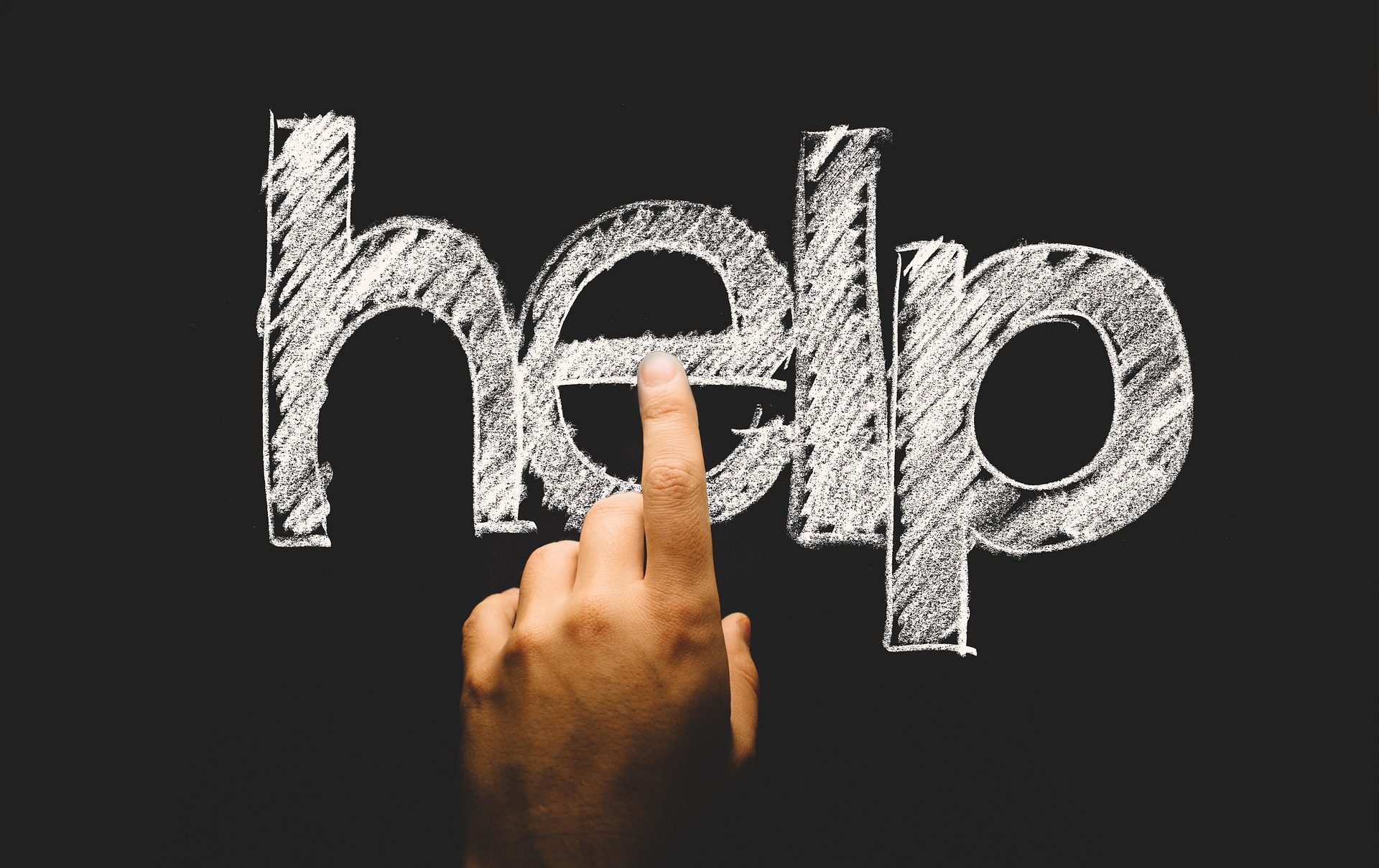If you do not change direction, you may end up where you are heading.
Lao Tzu
Nothing is so painful to the human mind as a great and sudden change.
Mary Shelley
2500 years ago, Heraclitus said: “There is nothing permanent except change.” As you joined Glion, the word “change” takes on a real meaning for you. Maybe have you felt a “transition blues”, feeling dislocated, not fitting in this new environment, everyone seemed to know what is happening and you don’t, these are quite normal feelings. Remember that you are not alone and that these experiences are an opportunity to bond with other students.
The importance of change in the professional context is demonstrated by the fact that there is a field of study dedicated to Change Management, a subject you will learn about during your GIHE studies.
 Tips & Techniques
Tips & Techniques 
The different steps of CHANGE:
Identify your loss, name it, remember when and how it happened. It’s normal to feel sad about it.
Understand your loss, its impact on you, how important was it?
Accept the fact that you’ve lost something.
Grieve what’s been lost, it’s OK to feel sad.
Think about the positive things that could emerge from your loss.
Transform your loss into a positive gain, learn what can emerge of it.
Deal with change:
Stay positive, and accept the change as an opportunity.
Share your feelings with someone, friends, or family.
Learn about how to manage your stress and anxiety.
Create a new network of friends.
Look on the bright side, test new experiences that challenge you, create a new network with interesting people, try new sports or activities.
You can see these changes in your life as threats or opportunities. By looking at them positively, you will pass through uncertain times with more success and with good physical and mental health.
 Contact us
Contact us 
The Welfare team:
The Learning Support team:




